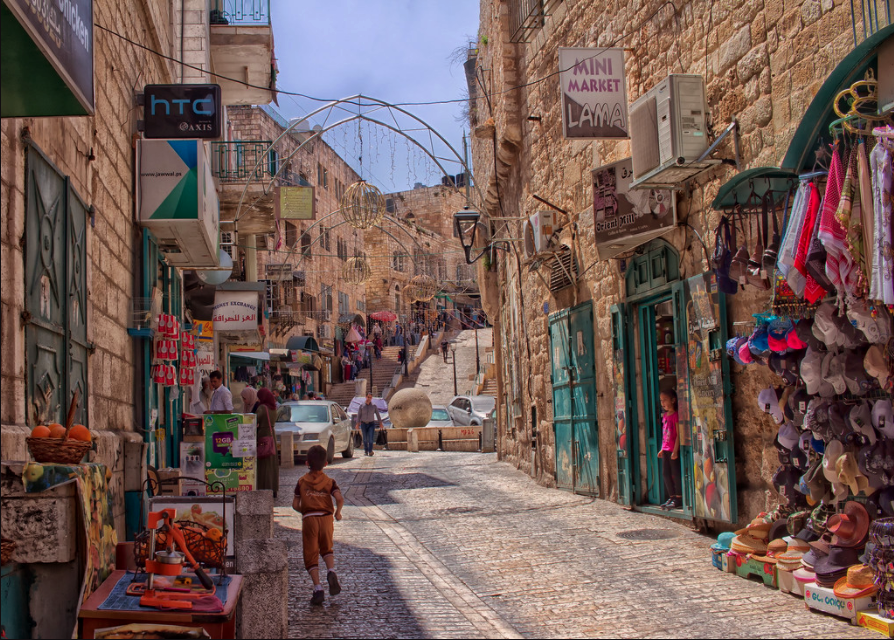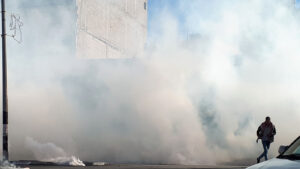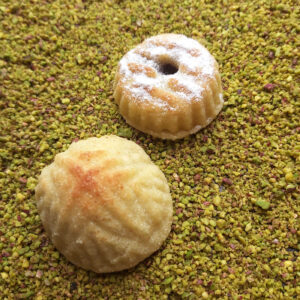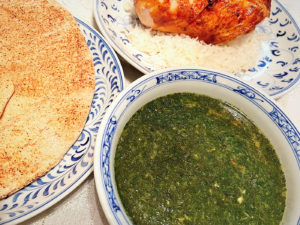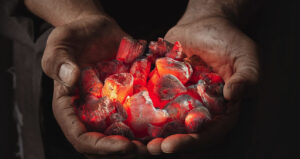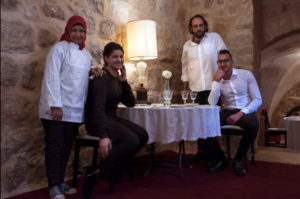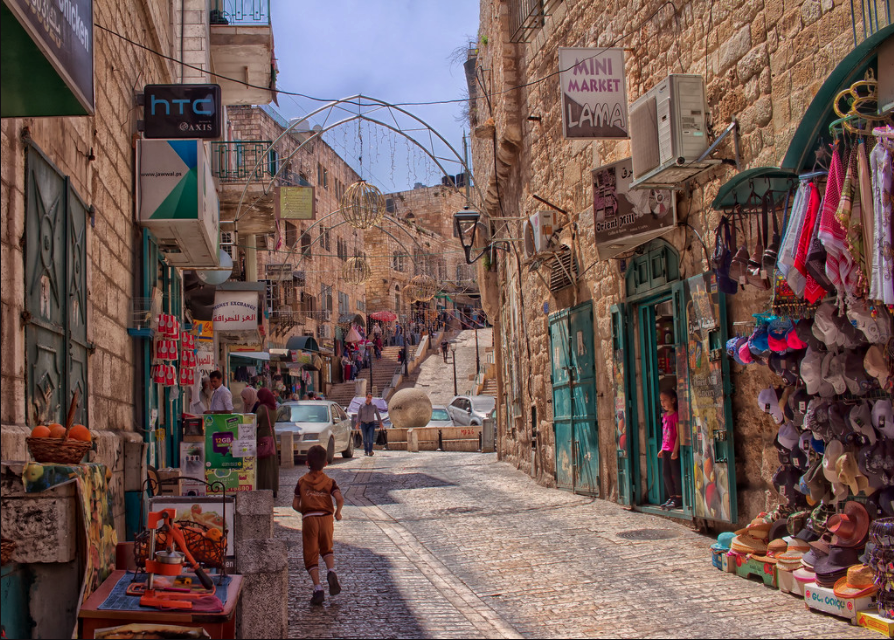
Fadi Kattan
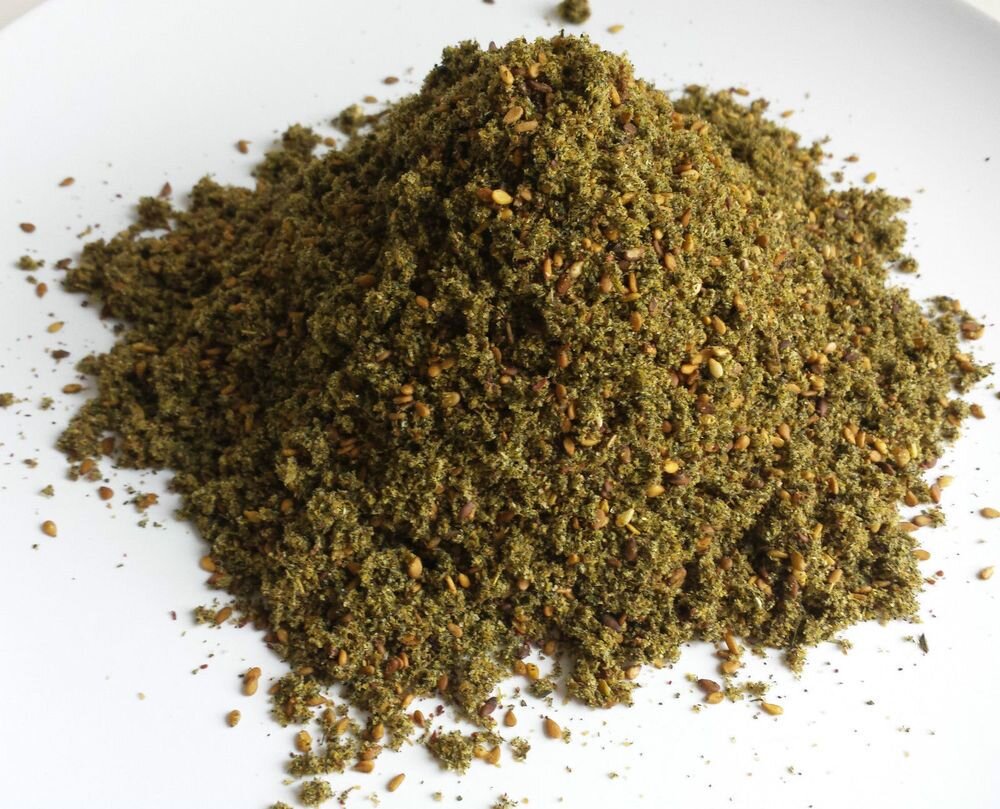
My first symptom came upon me waking up one morning. I had an atrociously dry mouth and feared I was losing taste. Quickly, I put my taste buds to the test, trying some zaatar. For more than 20 years I have had the same delicious, pungent mix from Orient Spice Mills in Bethlehem. That day, the taste was disconcertingly unfamiliar…
Already, I had been worried. Last month, after a year of caution, I had let my guard down just once and ended up coming into contact with someone who then tested positive for Covid-19. Sure enough, this terrible virus did not miss its chance. A few days after I had last tested negative, just long enough to let me doubt what had happened, it became clear I had been infected.
After my second Covid test came back positive, I went into total isolation and the textbook symptoms started arriving alarmingly, one by one. The strangest by far was when I felt my already impaired sense of taste completely disappear over just a few minutes — quite as if I had been struck by some wicked, magical curse.
In hindsight, it was darkly comical. On the very same day, I received some extra virgin olive oil samples to taste from the Olio Nuovo Days. I had been waiting for them so eagerly. It was as if Covid-19 was telling me, take a break!
But at the time, I felt angry, disappointed, completely at a loss. In mourning, even. My senses of smell and taste were the essence of my passion and job, cooking. My joy in life.
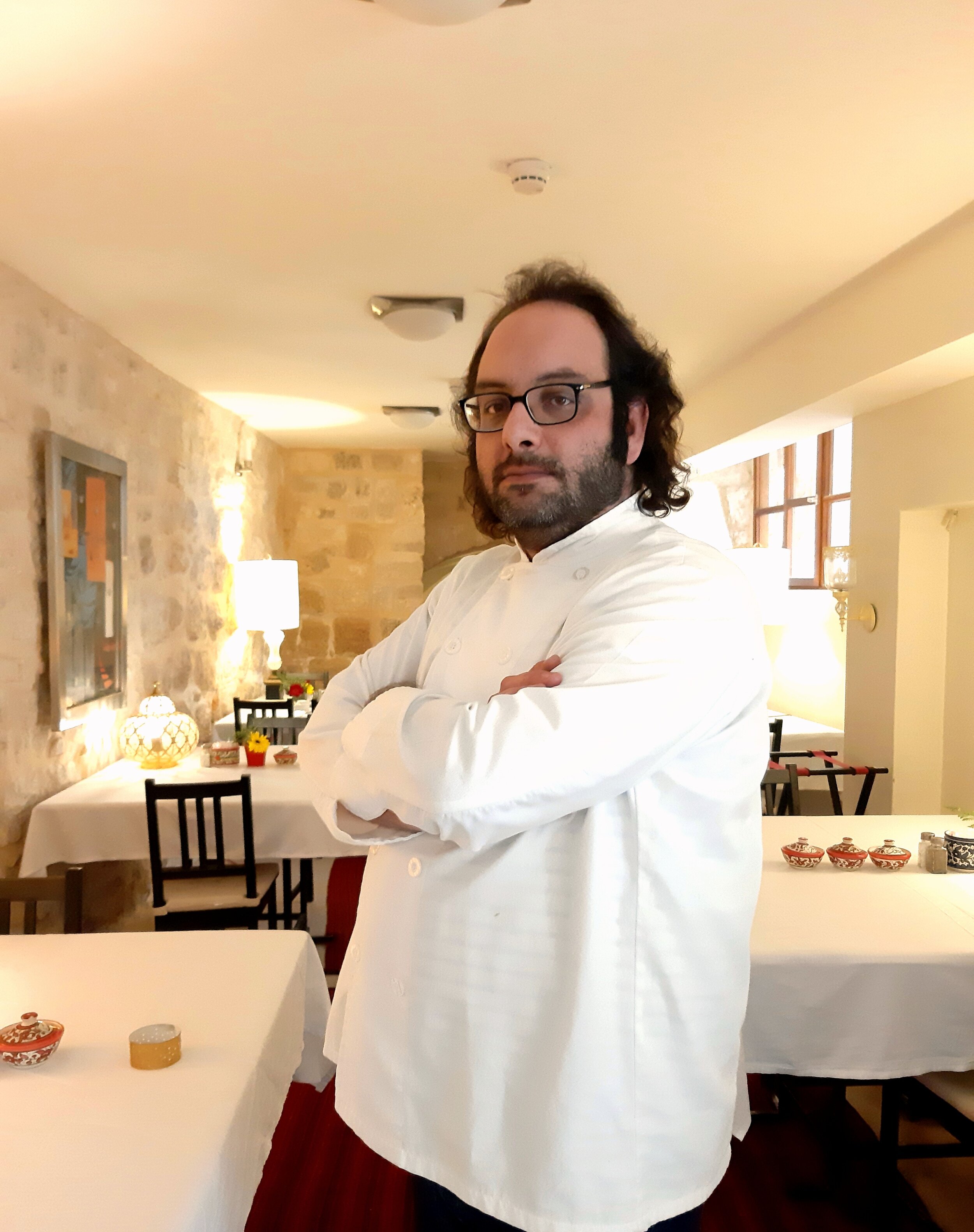
At first, I could not accept what had happened and tried to fight back. I worked through the strongest flavors I use in my kitchen to see if I could detect anything: the sharp acidity of a lemon from a tree in my garden, the intense, sticky, sweetness of dibes — grape molasses — and a fiery home-made shatta (chili sauce) that I hide on the top shelf of my fridge.
This was when my sensory memory started playing tricks on me, giving me the false sense that I could still taste things. Sometimes — as in the case of the shatta — I could still feel a burning reaction in my throat and stomach.
While, rationally, I knew that I was extremely lucky to have a relatively mild case of Covid-19, mostly fatigue, aches and fever, it is hard to describe how frightening it was — especially as a chef —to lose my taste and smell.
Inevitably, I started reading frantically about others who had not regained their ability to smell months after they had recovered from the virus. There were awful stories of some who were left only able to detect a metallic taste similar to blood.
My coping strategy was to refocus on the things I could still identify: the textures. The difference between a creamy labaneh and a hard nabulsi cheese, the difference between a lamb stew and braised lamb, the difference between maftoul and freekeh.
The whole experience for me, as for so many others, was a rollercoaster ride. I kept thinking I had tasted something, brooding on the prospects if I did not regain the senses essential for my work…I kept imagining the worst scenarios. On reflection, I think this is the worst aspect about mild cases of Covid-19 — once you have passed the threshold of safety — each “attack” on your system is sudden and mentally challenging.
I found myself describing at length to people over the phone and social media what it felt like, how disoriented I was. And my slightly hypochondriac imagination would propel me into those scenarios where I would never regain the sense of smell and taste. What would I do? How would I ever be able to cook again? How would I be able to taste and source produce? How would I be able to develop recipes? I could always have someone I trust to taste the food — I already do this to make sure seasoning is correct, but how would I be able to re-create the tastes that are my culinary identity?
Religiously, throughout this ordeal, I would still have olive oil and zaatar every morning, until one morning, I tasted something. Not exactly the rich flavors of the tangy zaatar mix from Orient Mills but something, a touch of the spiciness, a hint of the fragrance. I rushed once again to gather a variety of different tastes: zaatar leaves, sumac, salty crackers, rosemary, tomatoes, olive oil. All have strong distinctive tastes but to my disappointment only zaatar had cut through this strange numbness!
Now a few weeks later, my situation has continued to improve gradually. My taste and smell are almost fully back but I still return to that delicious zaatar mix for a measure — to see if I can now distinguish the distinct flavors in the rich blend of zaatar leaves and sumac. Meanwhile, I look at the beautiful, golden extra virgin olive oil samples from fabulous producers across the Northern hemisphere telling them: “Very soon, my taste buds will be worthy of tasting you!”

Join Our Community
TMR exists thanks to its readers and supporters. By sharing our stories and celebrating cultural pluralism, we aim to counter racism, xenophobia, and exclusion with knowledge, empathy, and artistic expression.
Learn more


